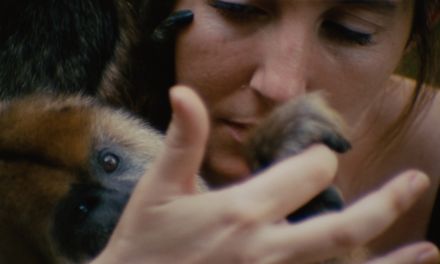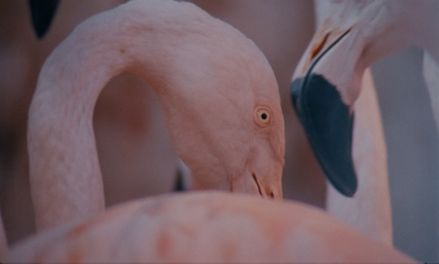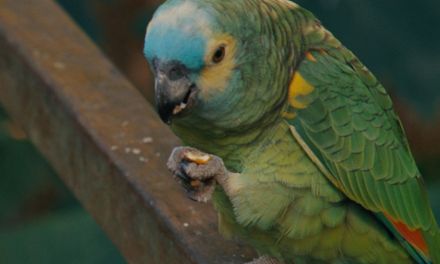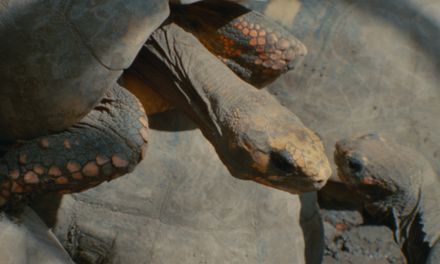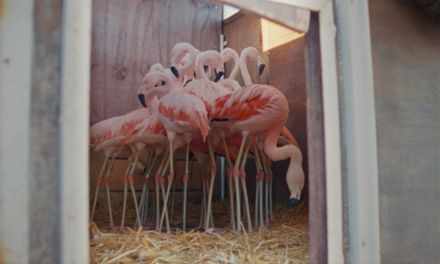Intimate and fragmented moments unfold in a community of zoos and animal rescue centers across Argentina. As the histories of these institutions are uncovered, dedicated workers commit both day and night to caring for the remaining enclosed animals, fostering a mutual bond that transcends the imagined boundaries between human and animal.
Des moments intimes et fragmentés de l’activité de plusieurs zoos et refuges pour animaux d’Argentine. Tandis que sont présentées les histoires de ces institutions, des personnels dévoués se consacrent jour et nuit aux soins des derniers animaux enfermés, établissant avec eux un lien réciproque qui transcende les frontières supposées entre humain et animal.
Intime und bruchstückhafte Momente spielen sich in einer Gemeinschaft von Zoos und Tierauffangstationen in Argentinien ab. Wir sehen Geschichten von engagierten Mitarbeitenden, die sich Tag und Nacht um die verbliebenen gefangenen Tiere kümmern und mit ihnen eine wechselseitige Beziehung pflegen, welche die imaginären Grenzen zwischen Mensch und Tier überschreitet.
Momenti intimi e frammentati in una serie di zoo e centri di salvataggio di animali in Argentina. Mentre si scoprono le storie di queste istituzioni, i lavoratori si impegnano giorno e notte, con dedizione, a prendersi cura degli animali rinchiusi, creando con loro legami che trascendono i confini immaginari tra umano e animale.
«Der ‹kollektive Monolog› ist eine egozentrische Phase im Leben von Kindern, in der sie den Standpunkt der Zuhörenden als irrelevant ansehen. Sie glauben, dass die Natur für sie geschaffen wurde und sie sie kontrollieren können.» Jean Piaget (1936)
"'Collective monologue' is a period of egocentrism in a child’s life where they see the point of view of the listener as irrelevant. They believe that nature is created for them, and that they can control it." Jean Piaget (1936)
"Il 'Monologo collettivo' è un periodo di egocentrismo nella vita dei bambini in cui essi vedono il punto di vista di chi ascolta come irrilevante. Credono che la natura sia creata per loro e che possano controllarla." Jean Piaget (1936)
« Le "monologue collectif" est une phase d’égocentrisme de la vie de l’enfant, dans laquelle il considère que le point de vue de qui l’écoute est sans importance. Il croit que la nature est créée pour lui est qu’il peut la contrôler. » Jean Piaget (1936)
